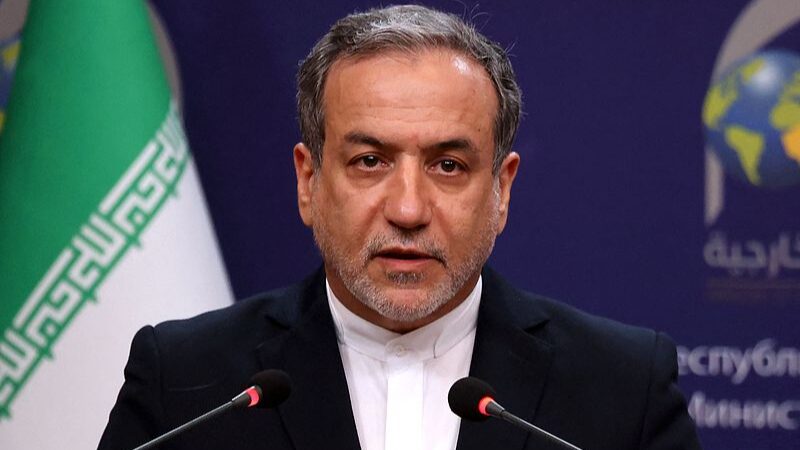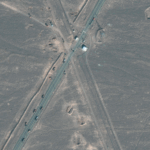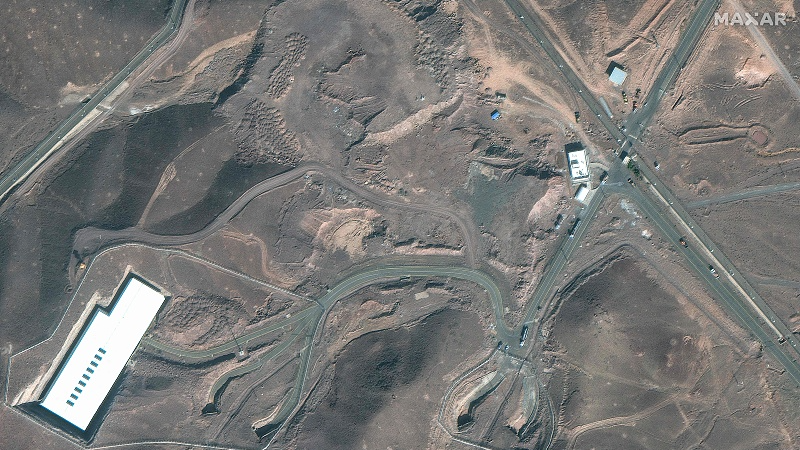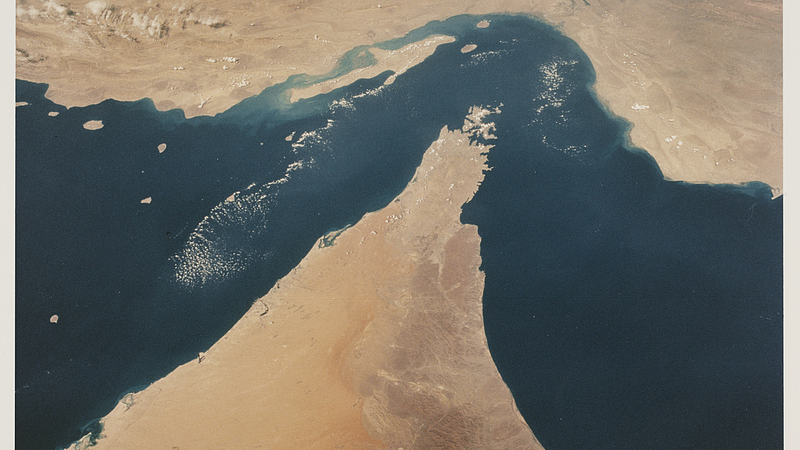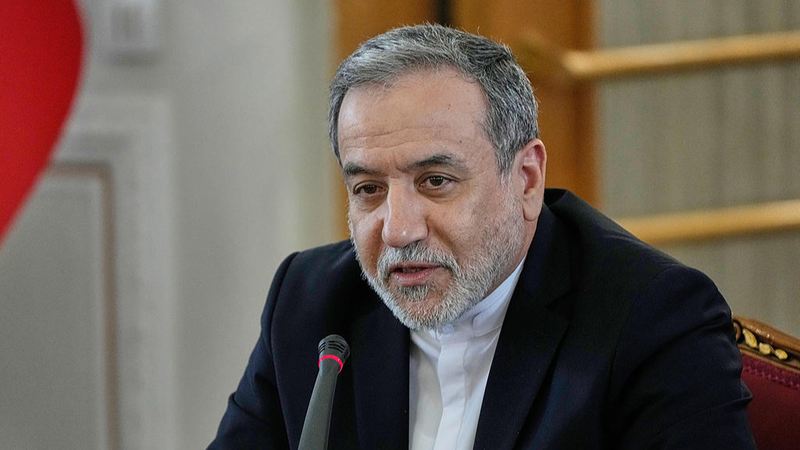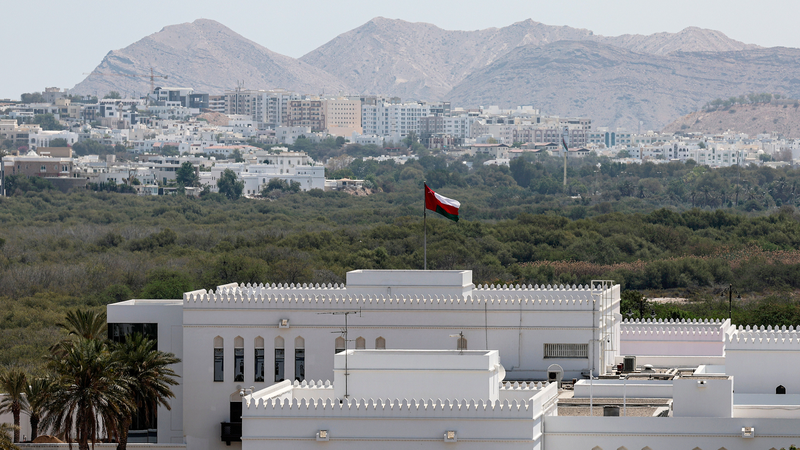Iran's parliament voted Sunday to approve closing the strategic Strait of Hormuz, escalating tensions following U.S. airstrikes on Iranian nuclear facilities. While final authority rests with Iran's Supreme National Security Council, the symbolic move has sent shockwaves through global energy markets already reeling from heightened Middle East instability.
The narrow waterway between Iran and Oman handles 20% of global oil and gas shipments. Analysts warn even temporary disruptions could send oil prices soaring above $120 per barrel, according to Deutsche Bank's George Saravelos. "This would deliver a major shock at an already fragile moment," Allianz advisor Mohamed El-Erian told the BBC, noting potential long-term damage to the global economic order.
Shipping giant BIMCO reports declining tanker traffic through the strait as companies reroute vessels. The Baltic organization warned the Israel-Iran conflict has created unprecedented uncertainty for maritime trade, with supply chain delays and rising transportation costs likely to compound inflationary pressures worldwide.
While experts consider a full blockade unlikely unless diplomacy collapses completely, the threat underscores the strait's role as Asia's economic lifeline. Over 70% of Hormuz-shipped oil flows to Asian markets, making China, India, Japan and South Korea particularly vulnerable to supply disruptions.
Global leaders face mounting pressure to de-escalate tensions as energy security concerns intersect with nuclear proliferation fears. With winter approaching in the Northern Hemisphere, the crisis highlights growing risks for emerging economies still recovering from pandemic-era challenges.
Reference(s):
Analysis: What would happen if Iran blocked Strait of Hormuz?
cgtn.com

